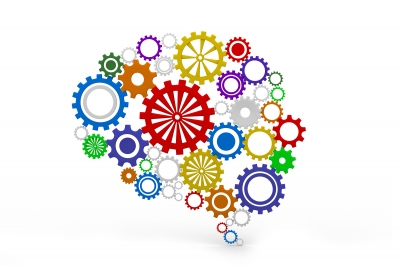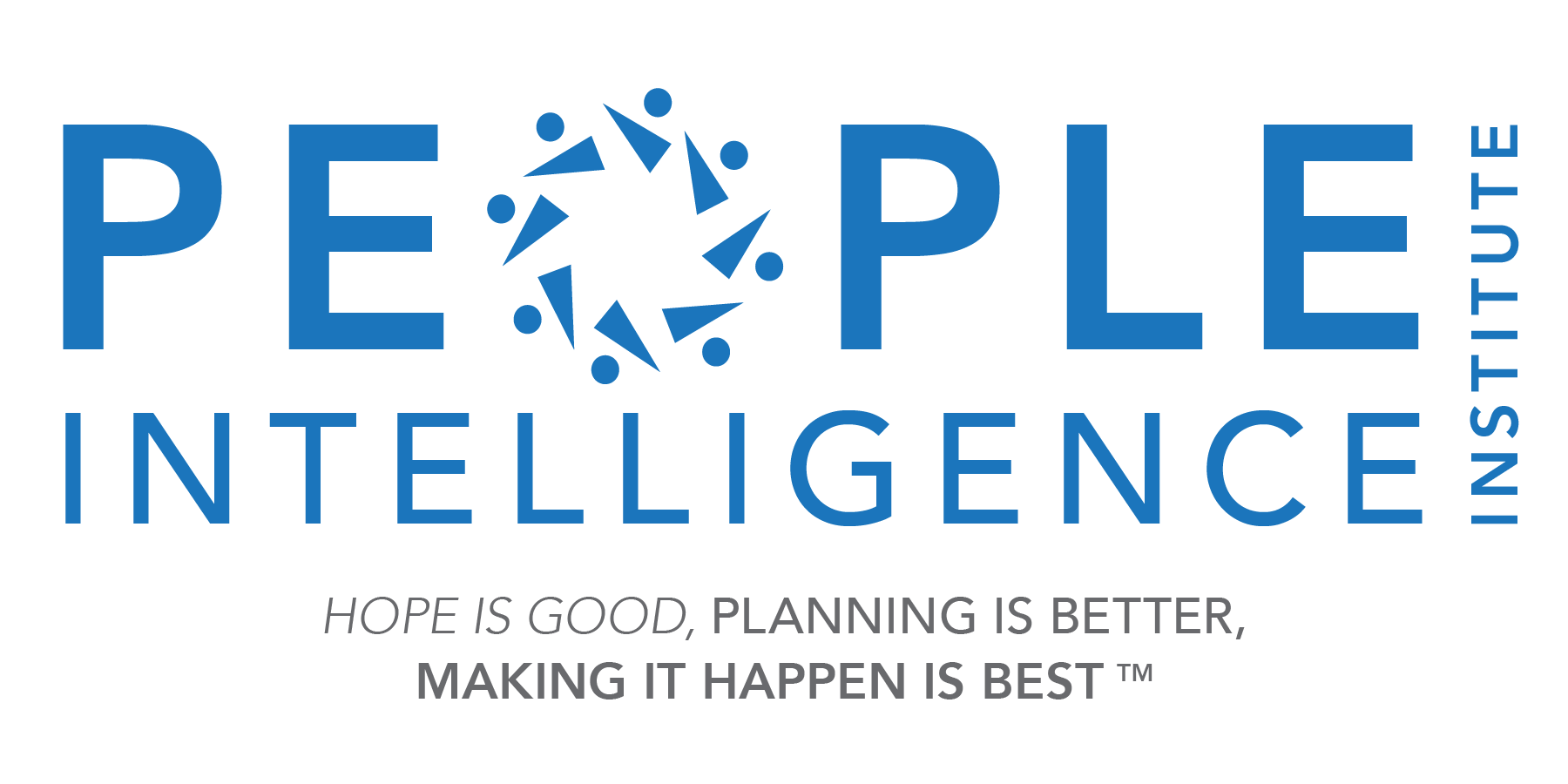"This course has helped train my eye and my mind to see more emotions in others, and as a result, have more successful interactions with others when they are emotional. I am more likely to notice things earlier, before escalation, when the potential to make better choices is stronger."
Read MoreWhy You Can't Spot Lies
 "I knew he was lying all along; I should have trusted my gut."
"I knew he was lying all along; I should have trusted my gut."
Who hasn't said something like this after looking back at a situation, whether professional or personal? Once the whole truth has been revealed we like to reconstruct the events and look for the 'aha' moment that confirmed our suspicions. Once we know the lie we like to think we knew it in the moment. But did we really? Hindsight isn't always 20/20.
According to the scientific data, most of us aren't much better at detecting lies than flipping a coin, roughly 54% (Bond and DePaulo 2006). So what makes us so sure after the fact?
Let's back up. Although there are many complicated reasons why we may miss the truth, such as circumstances, limited process time, and our expectations about the outcome, there are cognitive biases that influence our tendency to accept what we've been told as the truth. Here are just a few:
· Visual Bias - the tendency to place more emphasis on visual clues than linguistic or inflection, tone and other auditory influences.
· Truth Bias - the tendency to overestimate other's truthfulness.
· Demeanor Bias - the tendency to judge another's communication style as being honest.
Our innate biases make it particularly difficult to detect lies in those we are closest to, which may seem counter-intuitive until you consider just two factors:
· The stakes are often higher in personal relationships (cheating spouse, teen drug user) so, given the possible consequences, we want to believe the other person.
· If we love the person we tend to give them the benefit of the doubt.
To detect dishonesty you must understand that emotions are the drivers of certain behaviors. Sometimes people are open and honest about their emotions and sometimes they attempt to conceal them. Yet, regardless of motivation, desire or reason - emotions rule!
Have you ever watched professional bull-riding? Those massive animals are constrained by a small pen, ropes, leather and a team of cowboys. They are bristling, coiled to break free and assert their alpha influence. Emotions are like bulls in the chute; they just need to get out and show themselves and they do so despite a person's best efforts to control them. They are conveyed through demeanor, voice, movement and especially through micro-facial expressions.
Emotions are most observable through the face. We can all picture or imitate a sad, angry, fearful or happy face, but we may not always want to show these emotions in a given situation. But in real interpersonal exchanges they can't be held back. So they leak out; they reveal themselves. They tell us the truth behind the facade. The problem is these expressions of emotion typically flash on and off the face so quickly (under 1/2 a second) we cannot see them with our conscience brain unless we know what to look for.
The good news is our brains are startlingly perceptive. The science of rapid cognition (Gladwell 2007) reveals that our brain sees these micro-expressions on a sub-conscious level and reacts to them. These reactions manifest themselves to us through our own emotions. So for example, the envious co-worker who wanted your promotion may congratulate you, but the disdain, disgust or anger they feel toward you is leaked out through a micro-facial expression. Your gut reacts. You feel awkward, uncomfortable, perhaps even angry and you aren't sure why. It's just something you feel.
So you thought he was lying all along? You were probably right. You just didn't know why you knew. Until the whole truth was revealed you relied on visceral feelings and sensations.
The better news is we can learn to recognize deception and deceptive behavior. We can tip the scales in our favor, uncover dishonesty and yes, we have science in our corner.
To become proficient in detecting deception you must be trained through a continuum. Your training must help you attain a higher level of emotional competency. It should teach you to manage your own emotions. With this base of understanding you can learn how to prepare your conscious brain to recognize what your subconscious brain is already seeing. The clarity you gain will be like putting on a new pair of glasses.
The science of micro-facial expressions is about opening up your mind to the human condition; its strengths, frailties, biases and universal codes of meaning.
Image courtesy of ddpavumba at FreeDigitalPhotos.net
